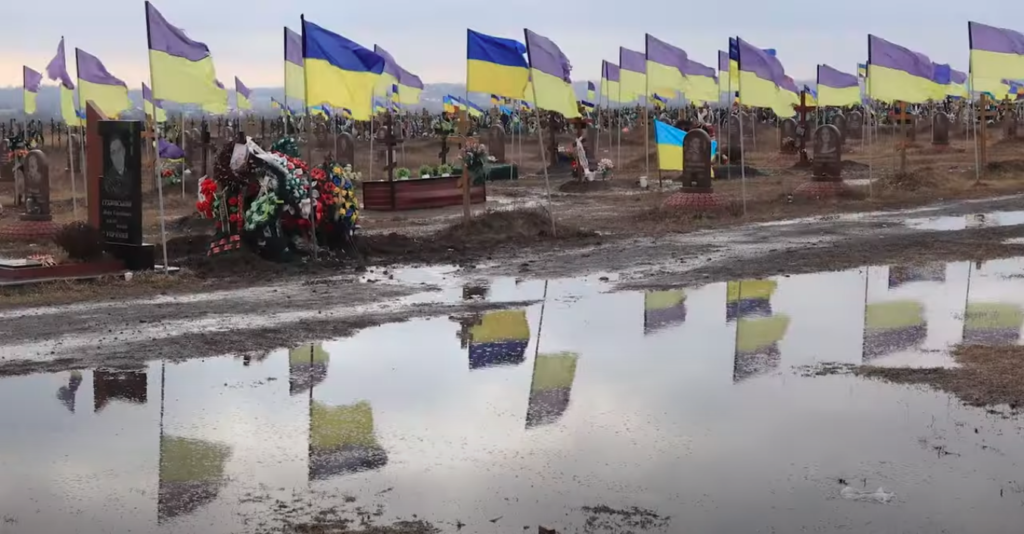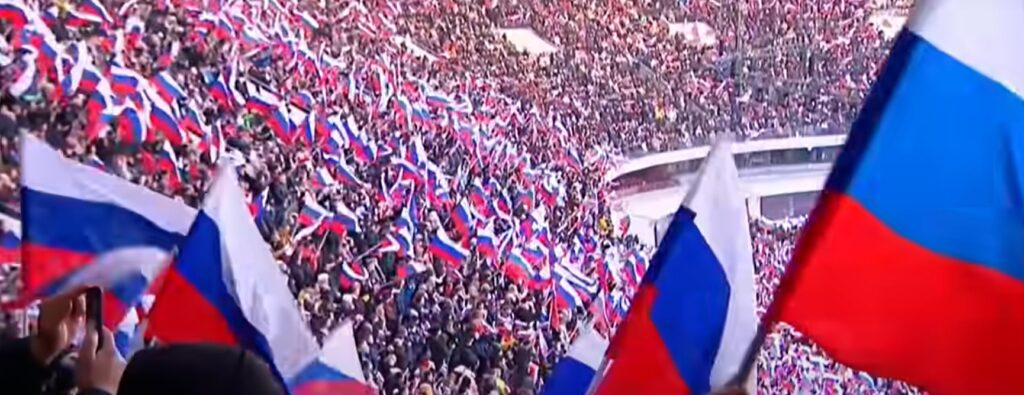On February 18, UN Secretary General António Guterres graced the world with another of his many uplifting speeches. Of the limited range of topics that are routinely broached – climate change, discrimination, the pandemic and racism – he chose to focus on the last of the mentioned. It went something like this: Ladies and gentlemen, in case you have not noticed, (which is even absurd to assume but never mind) racism plagues our world. Then António Guterres – in the Alfred Hitchcock style: first an earthquake, then the tension rises – hyporbelised this breathtaking gambit with the usual adjectives to the tune of “abhorrent”, “ugly”, and the noun “repudiation”. Racism – despite decades of reeducating the humanity and despite the Charter of the United Nations – is !everywhere! and so it will take a long time to combat it. The top representative of humanity went on to appealing to his worldwide audience that it must – without reservation, without hesitation, without qualification – reject and condemn racism which still permeates institutions, social structures and everyday life. Furthermore, António Guterres said that although racism, a repudiation of our common humanity, is deeply entrenched in centuries of colonialism and slavery and is a complex cultural phenomenon, especially because our world is letting go of the primacy of reason, tolerance and mutual respect, leaving place for – yes, of course – growing anti-Semitism, anti-Muslim hatred (some undefined minority Christian groups have also been thrown in), intolerance and – yes, again an easy guess – xenophobia, which, again is everywhere, around the world. António Guterres coupled the above mentioned phenomena with the COVID-19 pandemic, which exposed the inequalities, systematic prejudice and discrimination against marginalized, racial and ethnic groups, against – surprise, surprise – gender, age, class, caste, religion, disability, sexual orientation as if we all did not know this string of adjectives by heart by now.
The solution? There you have it. António Guterres says that we must build a better world (since the dawn of history we are nothing but engaged in building a better world), forge a new social contract (is António Guterres another embodiment of Jean-Jacques Rousseau?) based on – now the usual fashionable buzz words – inclusivity and sustainability; we must invest in social cohesion (obviously by) making societies more and more diverse, more and more multi-ethnic, multi-religious and multi-cultural. People must be made to see the benefits of diversity rather than perceiving it as a threat.
Continue reading















